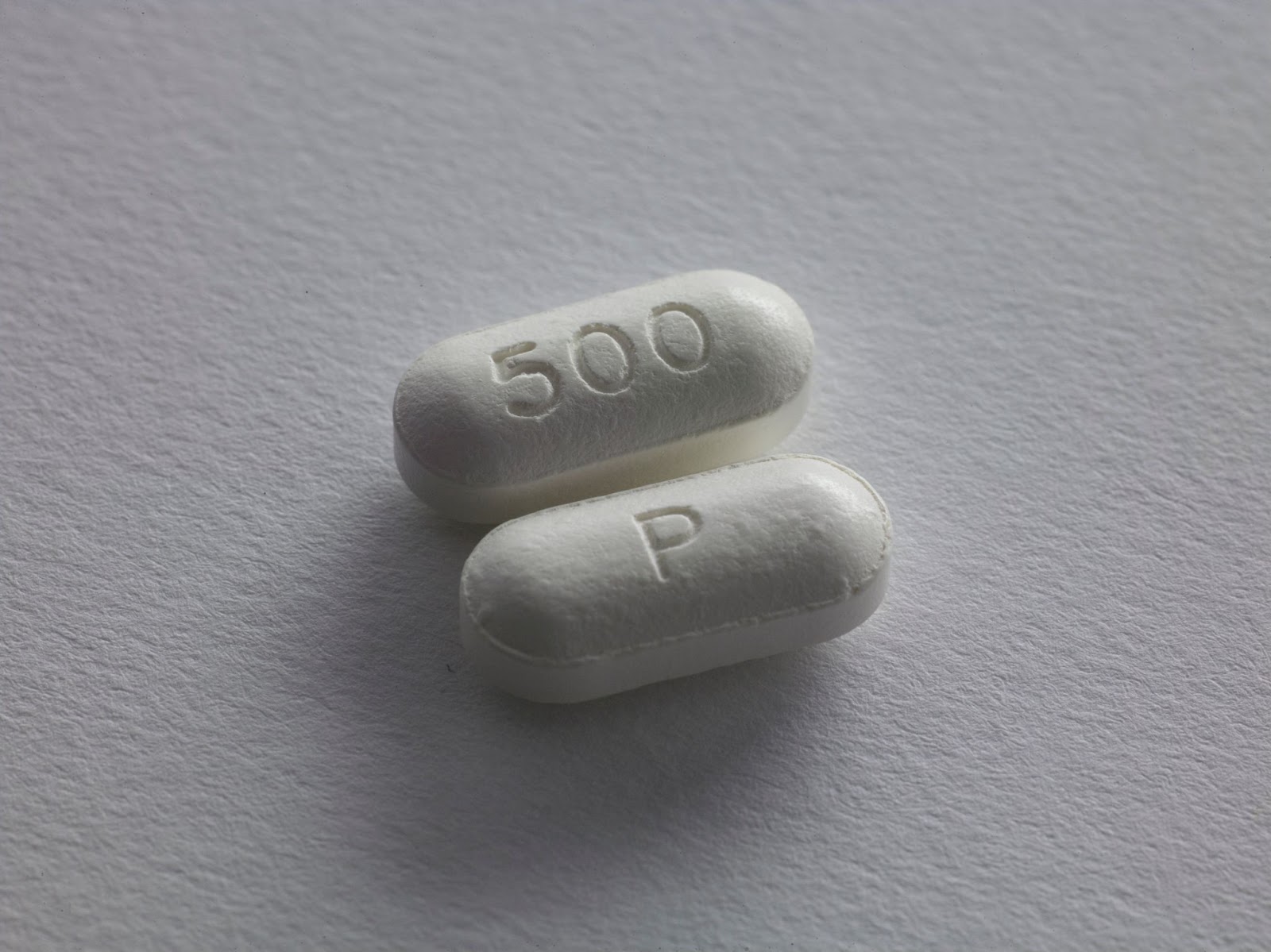Non-steroidal anti-inflammatory drugs, or NSAIDs, are a common first-line treatment for pain, inflammation, and fever. However, many people are looking for alternative treatments to NSAIDs due to their potential side effects. In this article, we’ll explore the various alternatives to NSAIDs and discuss the potential risks and benefits.
Acetaminophen (Tylenol) as a Pain Reliever
Acetaminophen, commonly known under the brand name Tylenol, is a commonly used pain reliever that works by blocking pain signals to the brain. It is an effective alternative to NSAIDs, which are non-steroidal anti-inflammatory drugs that are known to have blood-thinning effects. Acetaminophen is effective in reducing fever, relieving headaches, and alleviating mild to moderate pain caused by conditions such as arthritis, toothaches, or menstrual cramps.
Here are a few alternatives to NSAIDs that you can consider:
|
– Aspirin: |
Aspirin works similarly to NSAIDs but tends to be gentler on the stomach. |
|
– Acupuncture: |
Acupuncture is a natural pain-relieving technique that involves the insertion of thin needles into specific points in the body. |
|
– Exercise: |
Regular exercise can help reduce inflammation and alleviate pain. |
|
– Massage therapy: |
Massage therapy can help improve blood flow and reduce inflammation in the body, leading to pain relief. |
|
– Capsaicin cream: |
Capsaicin cream is a topical pain-relieving cream that works by numbing the pain signals in the affected area. |
Always check with your doctor before trying any new medication or treatment for pain management.
Pro tip: If you have any underlying medical conditions or are taking any medications, consult with your doctor before taking acetaminophen or any NSAIDs.
Topical Pain Relievers Such as Capsaicin And Lidocaine
If you’re looking for an alternative to NSAIDs that is not a blood thinner, topical pain relievers such as capsaicin and lidocaine can be effective options for relieving pain and inflammation.
Capsaicin is derived from chili peppers and is available in creams, gels, and patches. It works by depleting a chemical that transmits pain signals and can provide relief for muscle and joint pain, neuropathy, and arthritis. Capsaicin can cause a burning or stinging sensation when first applied, but this will subside after a few minutes. Lidocaine is a local anaesthetic that can be found in creams, gels, and patches. It works by blocking nerve signals in the body and can provide temporary relief for muscle and joint pain, neuropathy, and post-surgical pain. Lidocaine is generally safe and has few side effects.
While these topical pain relievers can be effective alternatives to NSAIDs, it’s important to talk to your doctor before starting any new pain management strategy.
Physical Therapy And Exercise For Pain Management
Physical therapy and exercise can be effective alternatives to NSAIDs for pain management, especially for those who cannot take NSAIDs due to their blood-thinning properties.
Here are some alternative pain management methods to NSAIDs:
|
Method |
Description |
|
Physical therapy |
Physical therapy involves exercise, stretching, and various techniques for reducing pain and improving range of motion. This can be a safe and effective option for those with blood-thinning issues, especially for conditions such as arthritis, back pain, and joint pain. |
|
Acupuncture |
Acupuncture is a traditional Chinese medicine technique that involves inserting needles into specific points on the body to relieve pain and promote healing. This is a natural and drug-free pain management option. |
|
Massage therapy |
Massage therapy involves manipulating the soft tissues of the body to relieve pain, improve circulation, and promote relaxation. It can be an effective pain management option for those who cannot take NSAIDs. |
Pro tip: Consult with your healthcare provider before trying any alternative pain management techniques, especially if you have a medical condition or are taking medication.
Are NSAIDS Blood Thinners
Non-steroidal anti-inflammatory drugs (NSAIDs) have been used for decades to treat pain and inflammation, but they have some potential side effects which can be concerning for some people. Fortunately, there are some natural alternatives to NSAIDs that have been used for centuries to provide relief from pain and inflammation.
In this article, we’ll explore some of the most popular natural alternatives to NSAIDs and how they may be used to reduce pain and inflammation.
Turmeric as an Anti-Inflammatory
Turmeric has been shown to have anti-inflammatory properties, making it a natural alternative to NSAIDs without any side-effects like blood thinning.
The active ingredient in turmeric called curcumin, lowers the levels of enzymes in your body that cause inflammation. This helps alleviate a variety of health issues without the side effects associated with NSAIDs. Research suggests that taking turmeric supplements can be effective in reducing painful symptoms of osteoarthritis, menstrual cramps, and post-workout muscle soreness. Incorporating turmeric in your diet is a safe way to improve your overall health while avoiding the side effects of NSAIDs. You can add turmeric to soups, stews, smoothies or take turmeric supplements to enhance curcumin intake.
Pro tip: When purchasing turmeric supplements, choose ones with a high percentage of curcumin, or consider adding black pepper to increase the absorption of curcumin in the body.

Omega-3 Fatty Acids For Reducing Inflammation And Pain
Omega-3 Fatty Acids are a natural alternative to NSAIDs that can help reduce inflammation and pain. Unlike NSAIDs, Omega-3 fatty acids do not thin the blood, making them a safer option for individuals who are blood thinners. Omega-3 fatty acids can be found in a variety of foods, such as fatty fish like salmon, tuna, and mackerel, as well as in walnuts, chia seeds, and flaxseed oil. Alternatively, you can also take Omega-3 supplements to help reduce inflammation.
Pro Tip: Consult with your doctor before starting any new supplements, especially if you are taking blood thinners or other medications. A healthcare professional can advise you on the appropriate dosage and potential side effects.
Ginger as a Pain Reliever
Ginger is a natural pain reliever that offers an alternative to NSAIDs, which can have harmful side-effects on the body, such as thinning of blood. Ginger contains compounds called gingerols and shogaols, which have anti-inflammatory properties that can help to reduce pain and swelling in the body. These substances work by inhibiting the production of prostaglandins, which are involved in the inflammatory response. Ginger can be consumed in a variety of ways, including fresh ginger root in tea, dried ginger in capsules or added to food, or ginger oil applied topically.
Not only does ginger provide a safer and more natural alternative to NSAIDs, but it also offers additional health benefits such as improving digestion and reducing nausea.
So, if you’re looking for a natural pain reliever without harmful side-effects, try incorporating ginger into your diet!
Blood-Thinning Alternatives to NSAIDs
Non-steroidal anti-inflammatory drugs, or NSAIDs, are commonly used to treat inflammation and pain in the body. However, because NSAIDs are blood-thinners, they come with potential side effects that can be dangerous for certain individuals. But there are alternatives to NSAIDs for those looking for methods for reducing inflammation and pain without the risk of blood-thinning.
In this article, we’ll explore some of the options.
Aspirin as a Blood Thinner
Aspirin is a well-known blood thinner and is often used to reduce the risk of heart attacks and strokes. However, there are several other alternatives to NSAIDs that can be used to thin the blood without causing gastrointestinal bleeding or other unwanted side effects.
Some of the best alternatives include natural blood thinners such as garlic, ginger, and turmeric which contain salicylates, compounds that have a similar effect to aspirin in the body.
Other options include prescription medications such as warfarin and heparin, as well as natural supplements like fish oil and vitamin E, which also help to thin the blood and prevent clotting. It’s important to talk to your doctor before trying any natural or prescription blood thinners to ensure that they are safe for you to use and won’t interact with any other medications you are taking.
Pro tip: If you are looking for a natural way to thin your blood, try incorporating more garlic, ginger, and turmeric into your diet. These ingredients are not only good for your overall health but can also help to prevent blood clots and reduce the risk of heart disease.
Anticoagulants Such as Warfarin And Heparin
Anticoagulants such as Warfarin and Heparin are blood-thinning alternatives to NSAIDs, which can cause blood-thinning as a side-effect. Anticoagulants work by disrupting the formation of blood clots and preventing existing clots from getting larger. These medications are often prescribed to people with blood clotting disorders, heart conditions, and those at risk of stroke or deep vein thrombosis. However, anticoagulants can have side effects, such as internal bleeding, and require frequent dose monitoring. They also interact with a wide range of medications, supplements, and foods, which can affect their effectiveness.
Before taking any blood-thinning medication, it is important to consult with a healthcare provider and discuss the potential risks and benefits.
Pro tip: Natural blood thinners, such as garlic, ginger, and turmeric, can also help prevent blood clots and promote healthy circulation. However, these alternatives should also be used with caution, especially if taking other medications.

Natural Blood Thinners Like Garlic And Ginkgo Biloba
Garlic and Ginkgo Biloba are two natural blood thinners that have been used as alternatives to NSAIDs for reducing blood clots and preventing cardiovascular diseases.
Garlic contains a compound called allicin that can help lower blood pressure, reduce inflammation, and reduce the risk of blood clots. Eating one clove of garlic per day or taking a garlic supplement can help thin your blood naturally. Ginkgo Biloba is a herb that has been used medicinally for thousands of years, and is known for its blood-thinning properties. It works by improving blood flow and oxygenation. You can take Ginkgo Biloba supplements in capsules or liquid form to help thin your blood naturally.
However, it is important to note that natural blood thinners should not replace medical advice or prescribed medications, especially in cases where the blood is prone to clotting. If you are unsure about using natural blood thinners, consult your doctor.
